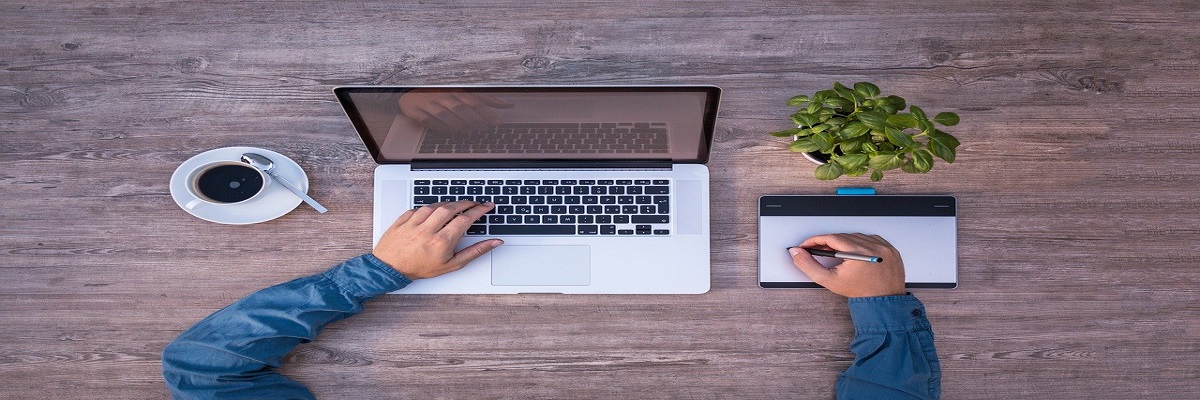Call: 888-297-6203
If you struggle with debt and find it difficult to keep your creditors off your back, filing for Chapter 7 bankruptcy is an excellent option. However, though you get rid of your debts, the bankruptcy chapter also results in you losing some of your property. The bankruptcy trustee can liquidate your non-exempt property to pay your unsecured creditors. The only silver lining to the process is that you will not lose all your property. This is primarily because bankruptcy is a way for people struggling with debts to get a new financial start. As a result, they can keep some amount of assets to continue working and living. The state and/or federal law provides bankruptcy exemptions through which you can protect the equity in household furnishings, vehicles, homes, clothing, professional tools, etc.
The non-exempt property you own cannot be protected and is sold by the bankruptcy trustee. Therefore, it is important to know what property you can protect before filing for bankruptcy. Since every state has different bankruptcy exemptions, it is important to find out what they are before you file for bankruptcy. Moreover, some states also allow bankruptcy filers to choose between state and federal bankruptcy exemptions. An experienced bankruptcy lawyer can guide you on which exemptions you can use to protect most of your assets.
Can you keep any non-exempt property?
If there is very little equity left in the property and selling it will not recover the cost of the procedure, you might be able to keep the non-exempt property. Moreover, you can also ask the trustee to allow you to make payments to keep the property through an extended payment plan without interest. Unfortunately, since a chapter 7 bankruptcy is usually over within three to six months, you cannot depend on this arrangement to work for long. You can pay for any non-exempt property using money acquired through a friend or relative. Alternatively, any post-bankruptcy earnings that are not part of your bankruptcy funds can also be used to pay for the non-exempt property. However, you should keep in mind that you disclose all your income and assets while filing for bankruptcy to avoid bankruptcy fraud.
Which debts are discharged and which survive bankruptcy?
Chapter 7 bankruptcy can be used to get rid of unsecured non-priority debts like credit card balance, club membership, utility bills, personal loans (including payday loans), medical debts, etc. However, certain debts like alimony, child support, tax debts, student loans, and some fines or penalties incurred due to punishment cannot be discharged. Bankruptcy attorneys can help you understand how some of these loans can be discharged and under what circumstances.
Difference between chapter 7 and chapter 13 bankruptcy
While in chapter 7 bankruptcy, the non-exempt property is liquidated to pay off your creditors, in a chapter 13 bankruptcy case, you repay your creditors over a three to five-year repayment plan. The disposable income (money left after paying for essential expenses, including rent, food, etc.) is used to repay your creditors. Moreover, you can protect your non-exempt property in this bankruptcy chapter by paying your unsecured creditors an amount they would have received had you sold that property. Once the court-approved repayment plan is complete, the court discharges any unsecured non-priority debts that remains.
To know more about bankruptcy discharge in Los Angeles, call 888-297-6203.

